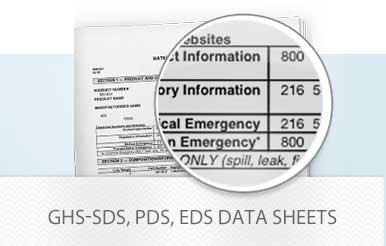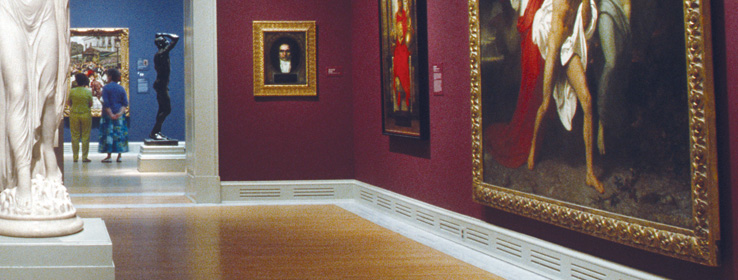For architect Daniel Leibeskind, designing the new addition to the Denver Art Museum was all about "sharp angles, sensuous folds and unexpected, complex geometries." The look of the striking new $140 million, 163,000 square foot Frederic C. Hamilton Building is an echo of the city's relationship to the Rocky Mountains, says Leibeskind, who is also the architect of the proposed Freedom Tower at the World Trade Center site.
For Commercial Design Inc., the Fort Collins painting contracting firm that won the coatings bid, these "sharp angles" presented some unique indoor access challenges, requiring extensive and creative use of ladders, scaffolding and 35- and 50-foot lifts.
Stringent humidity mandates – to preserve the artwork and to alleviate the builder's mold concerns – lengthened the construction process so much that CDI crews had to be on the job there from 2003 until the opening in October 2006.
"That makes it really hard on staffing, and in our scheduling for other projects," says John May, CDI project manager. Material cost changes of a project bid in 2002 but not finished for four years added more challenges. Plus, there were extremely high standards to meet – a Level 5 finish was required throughout the building's 210,000 square feet of drywall.
CDI met those requirements by using Sherwin-Williams ProMar 200 Interior Latex Low Sheen ES.
"The ProMar 200 Low Sheen product touches up real well, and helps hide imperfections on gypsum walls," he says. "We introduce that product to all the generals we work with. With some paints you have a tendency for flashing and banding. We do a mockup of how Low Sheen works, and it's an easy sell once they see it." From the new construction painter's point of view, he says, it's a great coating because you can come back six months later and do flawless touch-ups.
Besides providing the right product, May says Sherwin-Williams' color accuracy was a key ingredient to the job's success.
"We had run into some problems with a different supplier on a large condo job," he says. "The color we were getting was just not consistent from batch to batch. When it started happening again on another important job, we switched to Sherwin-Williams. With Sherwin-Williams, there have been absolutely no problems, even on a job that has stretched out over three years!"









